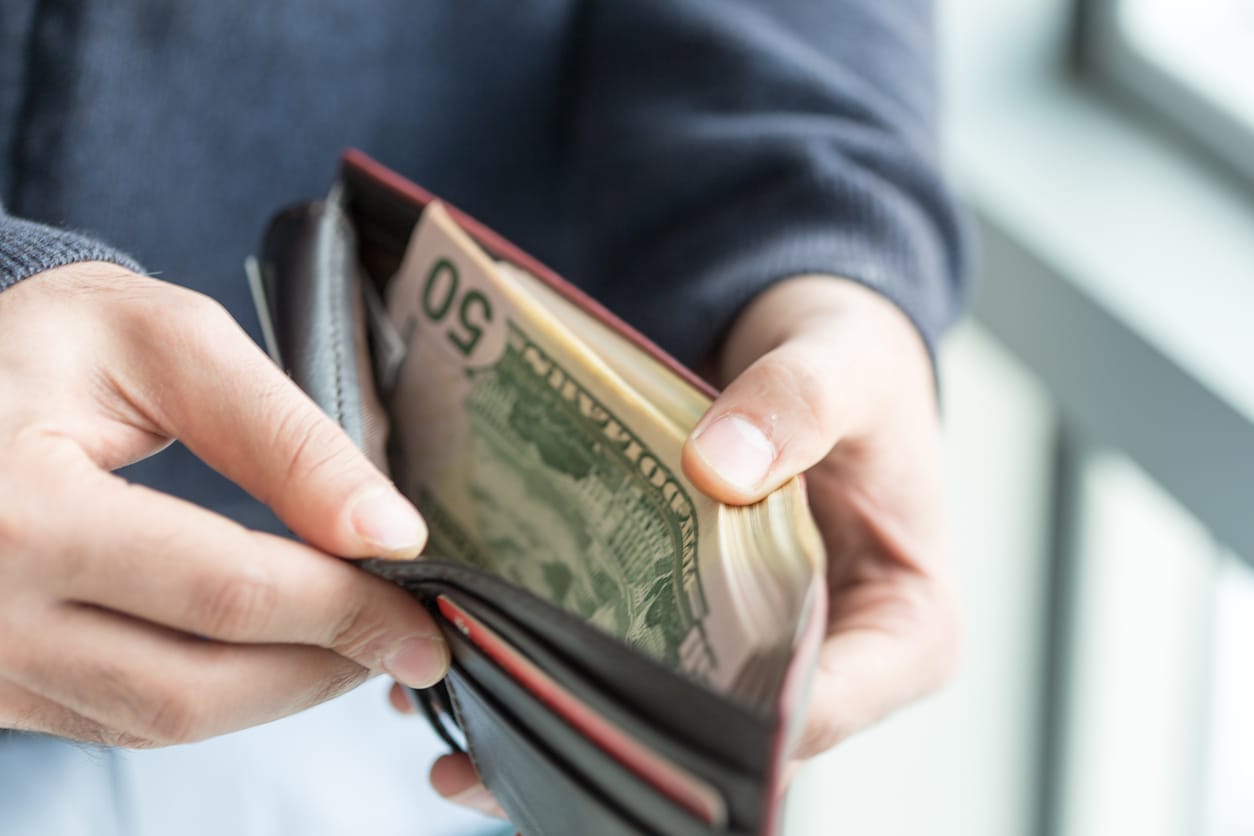5 Ways to Save Money by Reassessing Your Utility Bills

If you’re searching for a way to free up some of your hard-earned cash, it’s time a reassess your finances and see where every penny is going. Revising your household bills is a good place to start. And by finding the best deals on your utilities you are sure to save lots of cash. From your mortgage to your car insurance, here are 5 ways to save money by reassessing your utility bills.
1. Examine Your Direct Debits and Standing Orders
To get a hold of your financial situation, take some time to figure out how much you are spending on each utility every month. Gather all of your latest bills, including your electricity, gas, internet access, and home phone.
With these in front of you, use some internet comparison sites to see if another company could give you a better deal. Try more than one for the widest scope of results. Fill in questions about your current usage, so that you can receive accurate quotes from lots of different companies. Then, make the switch to the cheapest one. Now, do this for all of your utility services.
However, if you’ve previously entered into a contract with a time period, know that you might have to pay a fee to break the contract. Do some math and figure out if you would still be saving money with the price of the fee countered in.
2. Get a Water Meter
If you don’t already have a water meter, this could be an area of your utility bills in which you can save money. Contrary to popular opinion, water meters often dramatically cut the cost of a water bill, despite some fearing that they won’t.
It’s a good option to explore if there are only one or two people living in your property. In most cases it’s better to pay for what you actually use rather than paying an estimated rate. The average American uses 80-100 gallons of water a day, and it might surprise you to know that most of it happens when flushing the toilet. The next biggest use of water at home is showers and baths. So if you live with fewer people, you can possibly slash a big portion of your water utility bill.
















